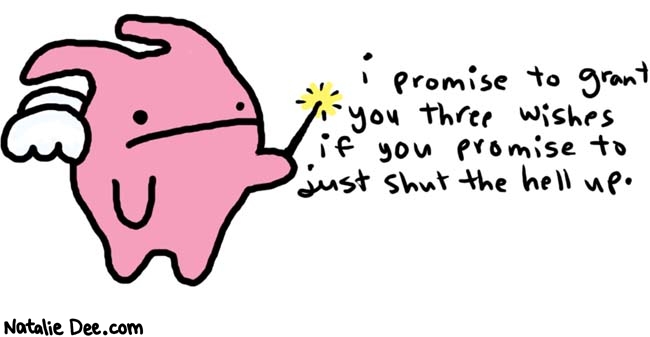 This is a poem I wrote several years ago. It's about my now-husband, then-lover. My heart was broken, and I was in love. I thought this poem would never end, and I think it still isn't over. I need help with the last 2 or 3 lines, desperately. Recommend things!
This is a poem I wrote several years ago. It's about my now-husband, then-lover. My heart was broken, and I was in love. I thought this poem would never end, and I think it still isn't over. I need help with the last 2 or 3 lines, desperately. Recommend things!Wishes and Other Unrealities: The Grammar of Discontent
I. Introduction to Unreal Conditions
It is possible to talk about conditions
that cannot really exist.
First, let’s consider what is real.
We are talking about the future.
There is a real possibility that this condition will happen:
It is morning.
You are at home.
your hand is on my face.
I say, “I love you.”
There are some clouds in the sky.
Notice that we are thinking about a future condition.
Imagine that it rains.
What will you do?
People often talk about situations
that are not real:
their ideas come from imagination, dreams, and wishes.
It is important
to recognize the signals
that a situation is not real.
For instance, your hand moves slowly
and your eyes look to the window.
You say, “I love you.”
There is not a possibility that this condition will happen,
but we can think about it, like a dream.
It’s not very real, but it’s still possible.
II. Understanding Unreal Conditions in the Past
The past is never simple.
The past is not perfect.
The past is not progressive.
The past does not move.
The past is present now,
in midwinter,
as it was when you and I were not
what I thought,
when we were not who we were
and were not where we were
and were not what we said.
The past is full of unreal things:
a mirror,
a plum,
a bowl of roses,
a tablecloth,
buttons,
pebbles,
dried flowers,
a digital clock.
But the past has poor vision.
The past is a liar and a drunk.
It is impossible to be sure
of what was not possible
of what was perpetual impossibility
in the light refracted across the water,
in the bar with the wine,
in the bed in the morning.
Really, the past is a bit of a whore.
The past shouldn’t have been so shameless.
III. Wishes about the Present
I wish it would stop
I wish you would stay
and I wish you would leave
and slow down
and lie down
and not lie
I wish it would rain
and it weren’t so hard
and you would not stare
I wish you would look at me
and touch me
not touch me
I wish you would hush
and I wish for your whisper
I wish you wouldn’t bother me sleeping
and I wish for your morning hunger
I wish your hands weren’t so cold
and I wish for your cold, cold hands
I wish I could write it in Greek
or paint it for you
or you would paint it
and I wish your head were in my hands
and your face, emerging
and the woods and December
and the night in the car
and the time in the garden
and in the hotel
and I wish you were dead
I wish you would experience this repetition as death
I wish you would feel the loss
I wish you would cry
and we had bought that couch
I wish we had more money
and the birds would stop
and you would pay the bill
and we could be alone
I wish I could see you
and I had never seen you
and for the leaves to turn golden
I wish it had never begun
I wish we had never done it
I wish you hadn’t done it so slow
and I wish for you doing it, slow
I wish you were not so beautiful
I wish it were over, now
IV. Wishes about the Future
Let’s consider:
an autumn afternoon.
We would not be in a bedroom.
There would be food on the table.
It would be quiet.
I would glance at you above the steam.
You would understand my look has meaning.
It is possible to imagine
the room we would occupy,
its wooden floor,
the view, the curtains,
the armoire,
the chair and door
And it is possible to discuss the real conditions
the actual situations,
the half gone wine,
the one-night sheet,
the rent,
the whiskey,
the door swung wide,
and the echo through the faded air:
if I could be
if you could be
I would be
you would be
V. Conditions and Conclusions
We should have learned by now
to read the real situation,
use the cues and ask questions
about how things could be different.
You could say:
What you were never was.
You could say:
We never were what was.
I could say:
What never would could be.
I could say:
What isn’t was, or might be.
I could look at you and think:
What could be, maybe, will.
When I look at you, I am thinking of love.
When I think of love, I am thinking of forever.
We can examine these conditions
anywhere, in any time,
and they would always be the same:
Never, always, here, and nowhere,
but the purpose is in the expression.

No comments:
Post a Comment